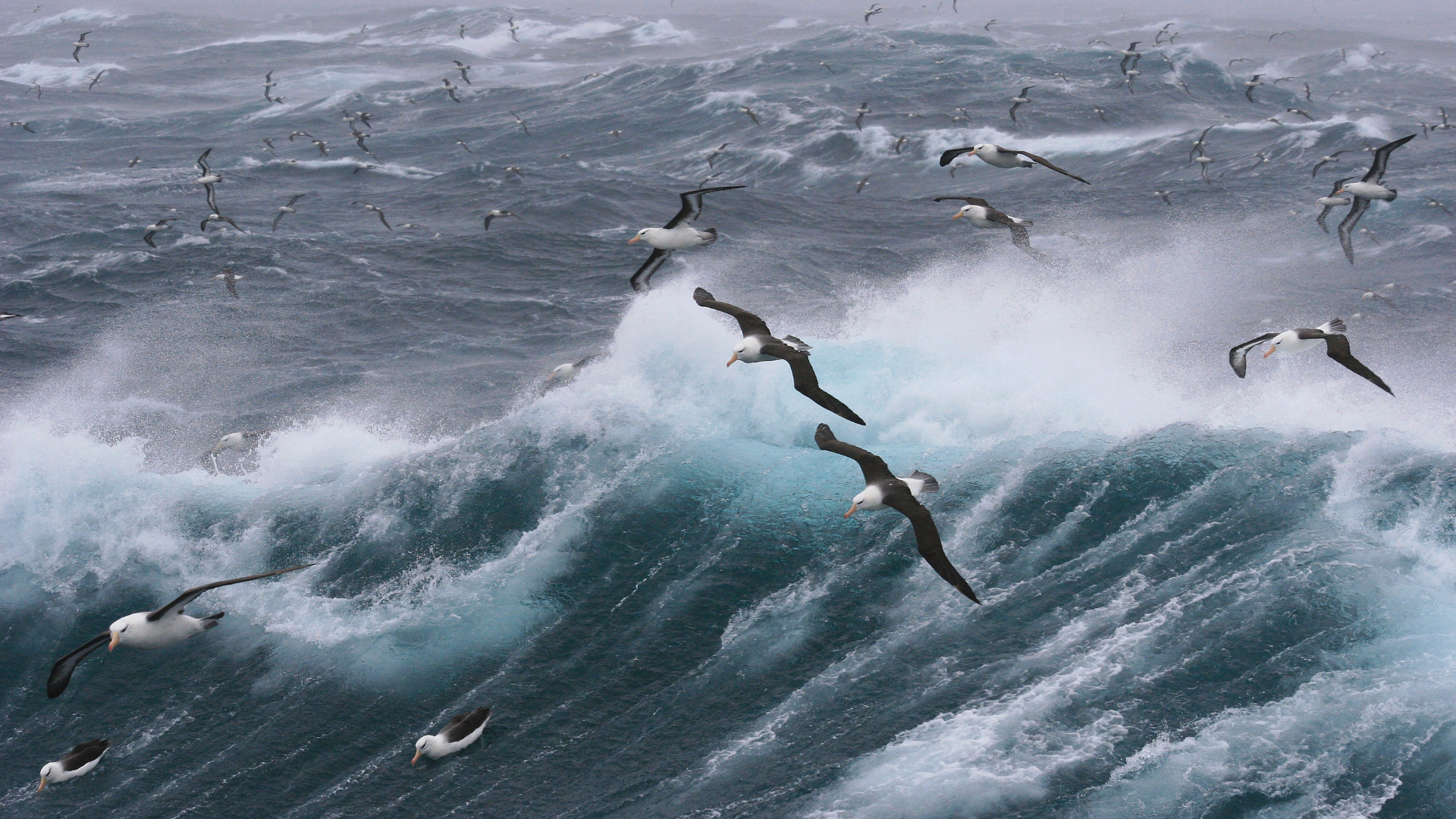About
About ECOFlow
ECOFlow will deliver impactful science to understand the effects of floating offshore wind infrastructure on the whole marine ecosystem. The ECOFlow programme recognises the need for targeted and coordinated research to improve the understanding of the marine environment's complexities in an increasingly busy seaspace while achieving the government’s ambitious targets for the delivery of floating offshore wind. The programme will aim to answer the most critical questions relating to the impacts of floating offshore wind infrastructure on marine ecosystems, including; seabirds, marine mammals and seabed habitats.
Image credit: Photo of the Kincardine Offshore Wind Farm project courtesy of Principle Power
The programme is now reviewing applications of project proposals from UK research institutes. Applications are now closed. Successful projects will receive funding of £6 million, from a total combined funding of £7 million, from the Natural Environment Research Council (NERC) and The Crown Estate. Each of the funded ECOFlow projects will work closely together to align their outputs, and will proactively and continually engage with policy makers, regulators, industry, and decision makers.
Image credit: Photo of the Kincardine Offshore Wind Farm project courtesy of Principle Power
Background
The new Government has committed to fast-tracking at least 5GW of floating wind capacity by 2030 as part of its Clean Power Mission.. Expansion beyond this is expected, and by 2050 floating offshore wind is anticipated to generate 50% of the 125GW target set by the Committee on Climate Change (CCC).
Floating offshore wind infrastructure can be positioned in deeper water than fixed turbines, allowing them to harness stronger and more reliable wind corridors. Extending into deeper water brings new environmental challenges that must be addressed to ensure we are meeting the UK’s environmental targets.
The ECOFlow research programme will focus on enhancing understanding of how marine ecosystems will respond to this planned large-scale expansion of floating offshore wind in UK waters. Integrating the disciplines of science and policy, the programme will address critical evidence needs of government and industry that are required to inform UK-wide decision making.
Image credit: Photo of the WindFloat Atlantic project courtesy of Principle Power
ECOFlow seeks to address three core challenges:
To understand the ecological effects of floating offshore wind infrastructure on different trophic levels across critical ecosystem drivers and within the context of climate change.
To develop new ways to monitor and assess the environmental effects of floating offshore wind infrastructure.
To utilise the robust evidence and tools developed to support the evolution of UK marine policy in adapting to the expansion of floating offshore wind, whilst safeguarding the marine environment.
Quick Definitions
Offshore windfarm – a number of wind turbines established in an area of the sea, which transform wind energy into electricity that is transmitted to land via undersea cables.
Floating wind turbine – a new type of wind turbine mounted on a floating structure that is typically tethered to the seabed. Floating wind turbines can be placed in much deeper waters than fixed-foundation turbines.
Fixed foundation turbines – are ‘fixed’ in a permanent static position through a direct rigid connection to the seabed by either a monopile, jacket or gravity base foundation.
Net gain – a policy measure defined by Defra as “an approach to development that aims to leave the natural environment in a measurably better state than beforehand”.
Strategic compensation – the identification of compensatory measures early in the planning process. These are measures that can be delivered across a wider area or timescale, or can only be delivered by Government to offset the unavoidable impacts on a designated ecological feature arising from multiple offshore projects, joining up across projects and organisations to deliver something greater than the sum of its parts.








